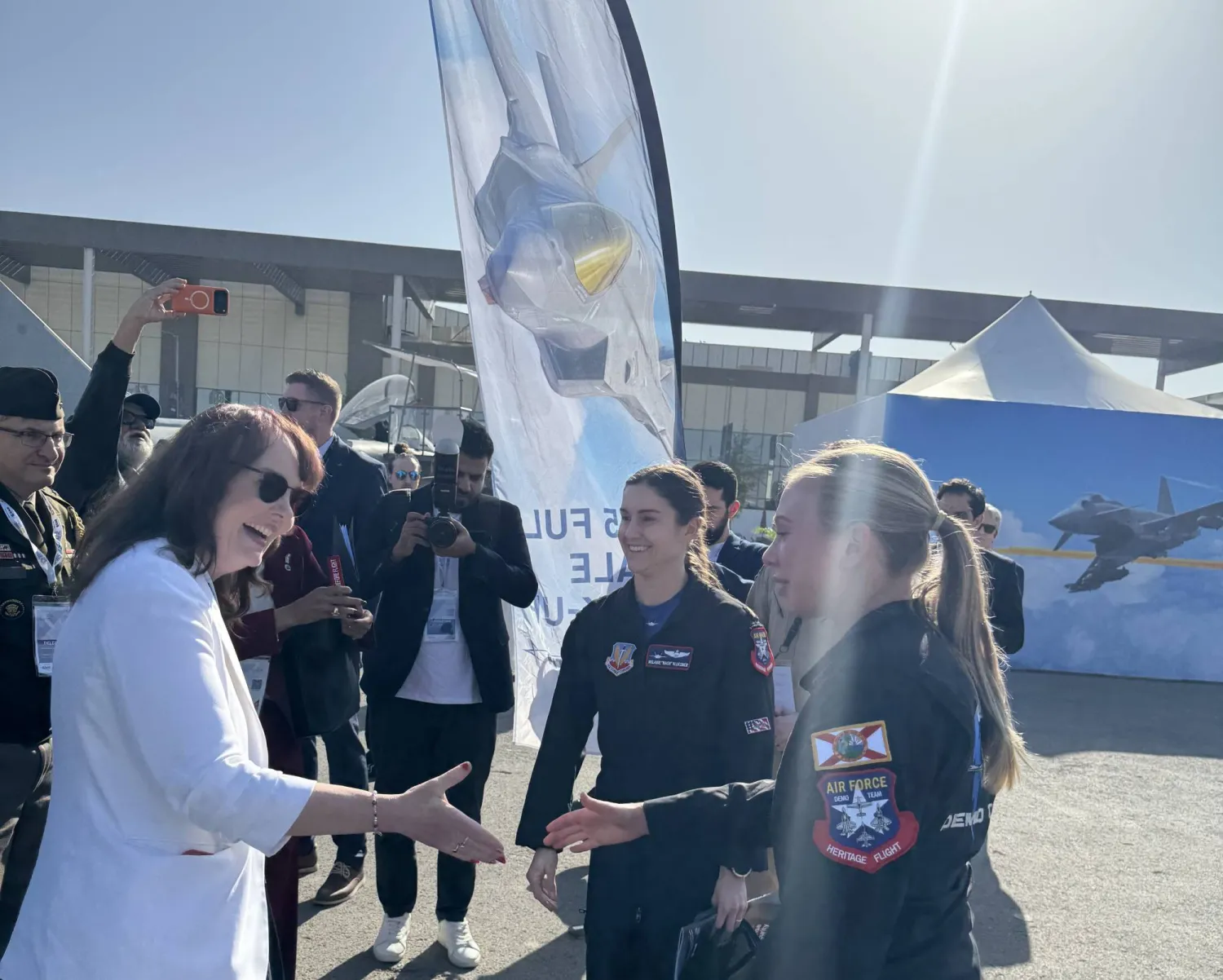Representatives of 10 different religions and cultures convened in a virtual forum hosted by Saudi Arabia on Tuesday to discuss specific solutions to consolidate ties, counter hate speech, and face Islamophobia.
The forum falls within the meetings of the Group of 20 (G20) – currently chaired by the Kingdom – and is held prior to the leaders’ summit next month.
The G20 Religious Values Forum will continue until Saturday, with the participation of 500 international religious leaders and experts in religious and humanitarian organizations, including 130 speakers from 45 countries.
Tuesday’s opening session featured addresses by former Australian Prime Minister Anthony Abbott, the Secretary-General of the Muslim World League, the Archbishop of Constantinople, the President of the Pontifical Council for Interfaith Dialogue, the President of the European Council of Rabbis, and others.
Three round tables were held simultaneously on the role of religion in building bridges of peace and resolving conflicts. The meetings discussed the importance of coexistence, unity, solidarity and brotherhood, and strengthening communication between different religions and cultures.
Saudi Minister of Islamic Affairs Dr. Abdellatif Al-Sheikh emphasized the Kingdom’s humanitarian role and global position in various parts of the world.
He emphasized the need to unify the efforts of governmental and national religious institutions and international organizations to confront the discourse of extremism and Islamophobia and to instill the values of moderation within societies.
For his part, the Secretary-General of the Organization of Islamic Cooperation, Dr. Youssuf Al-Othaimeen, noted that the global challenges resulting from the Covid-19 pandemic have highlighted “the necessity to converge the views of religious leaders and belief organizations over the values of tolerance, solidarity, and moderation.”
The Archbishop of Constantinople, Ecumenical Patriarch Bartholomew I, touched on “the importance of human dignity and equality between the peoples of the world,” stressing “standing against all forms of racism and injustice, and any other form of discriminatory practices.”
Meanwhile, the Secretary-General of the Muslim World League, Sheikh Dr. Muhammad Al-Issa, said that while “moderate voices reject all forms of hatred, racism, discrimination, and marginalization, other isolated extremist voices only represent their hateful views, which are driven by bad motives.”
“The problem is not in the religious texts, nor the ideas of the great pioneers, but in the understanding and application of these texts, rather than distorting their meaning,” he stated.
In the same context, the President of the Pontifical Council for Interfaith Dialogue, Cardinal Miguel Angel Ayuso Guixot, underlined the importance of the work of religious leaders “in spreading hope” within societies.









